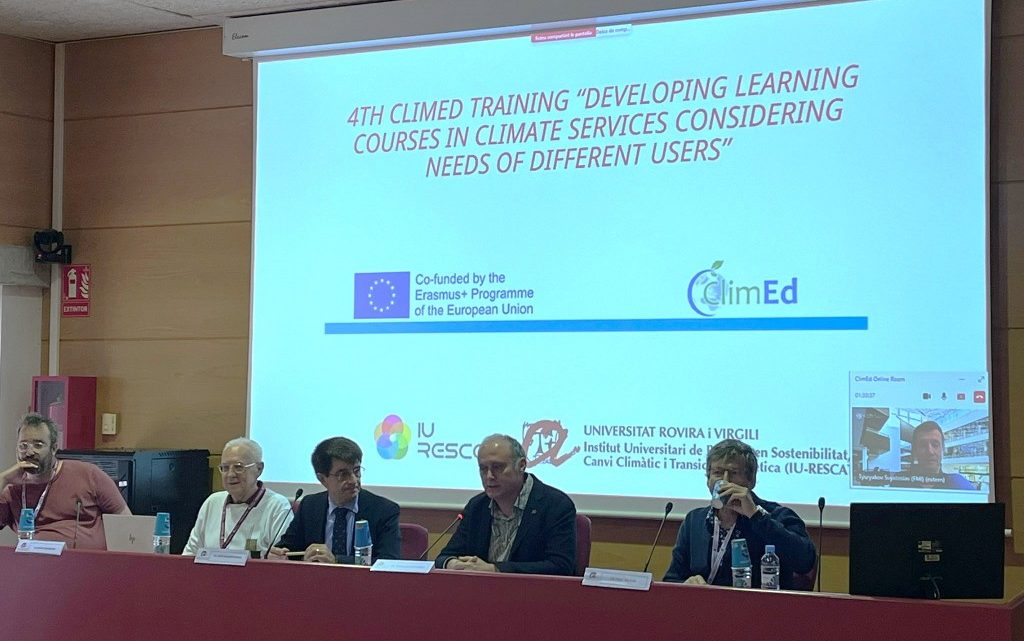Can freedom be found only on the margins of society?
– No, I think we can all find our own space of freedom. The thing that interests me is writing…others can find their freedom in other ways. But what is true is that the three elders mentioned in the book escape into the forest to live according to their own laws. It is also not easy to live in the forest. You must be healthy and have intimate knowledge of it. Hermits, like the book's heroes, live in northern Canada. I know real cases. I met a hermit woman. She lived alone in the house that was her parents' house. I'm from a part of Canada, north of Quebec, where there's a lot of land and a small population. To get there you have to cross 200 kilometers of forest. We have a strong sense of freedom and survival instinct.
Death is also present in the book, or rather the acceptance of death, and the right to decide how to die.
— I think that from a certain age you have to prepare for death. I don't want to live more than a hundred years, you have to leave room for others.
Our society does exactly the opposite; It does the impossible to prolong youth and life.
-Yes, but I think we should collectively prepare for death. In Quebec, you can choose when you die if you have a terminal illness or dementia such as Alzheimer's. There has been a major social debate for years. These discussions also help make sense of death and prepare us socially.
How should we prepare for death?
-I'll tell you a story. I had a friend who had cancer. When the end came, the doctor told her that he would give her a sedative so that she would not realize anything, and she asked to live to die. Be aware of your ending. There are two important moments in life. Birth and death. I can't remember my birth but I want to know what it's like to die. I want to live my death. My friend died with acceptance and dignity. We were three friends and we were with her until the end.
Both in this novel and in the previous one, the heroes search for happiness away from their families.
– it's the truth. It's my stuff. If there is happiness within the family, it is great, but if it is not, you must look for it elsewhere. For years I wondered if finding her was the purpose of life. And it was a problem. Now I don't wonder if you're happy or not, because I think the best way to be happy is to not constantly question yourself. An unhappy person cannot be asked to be happy, as if it were an obligation. This is very typical especially in the United States. This is the image that we are born smiling and that we should always smile. There is pressure to be happy: if you are not, it is a failure for yourself and others. This is what happens to Gladys fromLost train. She is a mother and believes that the fact that her daughter is not happy is a failure on her part.
Marie Desnégge (in Catalan it could be Maria de la Nuo) is confined to a psychiatric hospital when she is 16 and released when she is over eighty. Is she a real person?
– Yes, she was my aunt. She was hospitalized when she was 16 and died when she was 82 in a nursing home. I went to see her and shared a room with a mentally disabled woman. My aunt knew my name, my brothers' names, my nephews' names… and she played the piano. My way of doing justice was to give freedom to the narrative. Everyone who opens the book will see his name, and this is my appreciation.
The adults in the book experience this final stage very intensely.
– Yes, I'm very sorry that sometimes they are treated in a condescending way, as if they were children, big children. In movies and in books, they are looked at with pity and talk about mourning but not freedom. Old people have a whole life inside them, many memories. If I'm less independent when I'm eighty and I live in the city, I want to do it next to a big window because I want to keep looking at what's going on around me.




